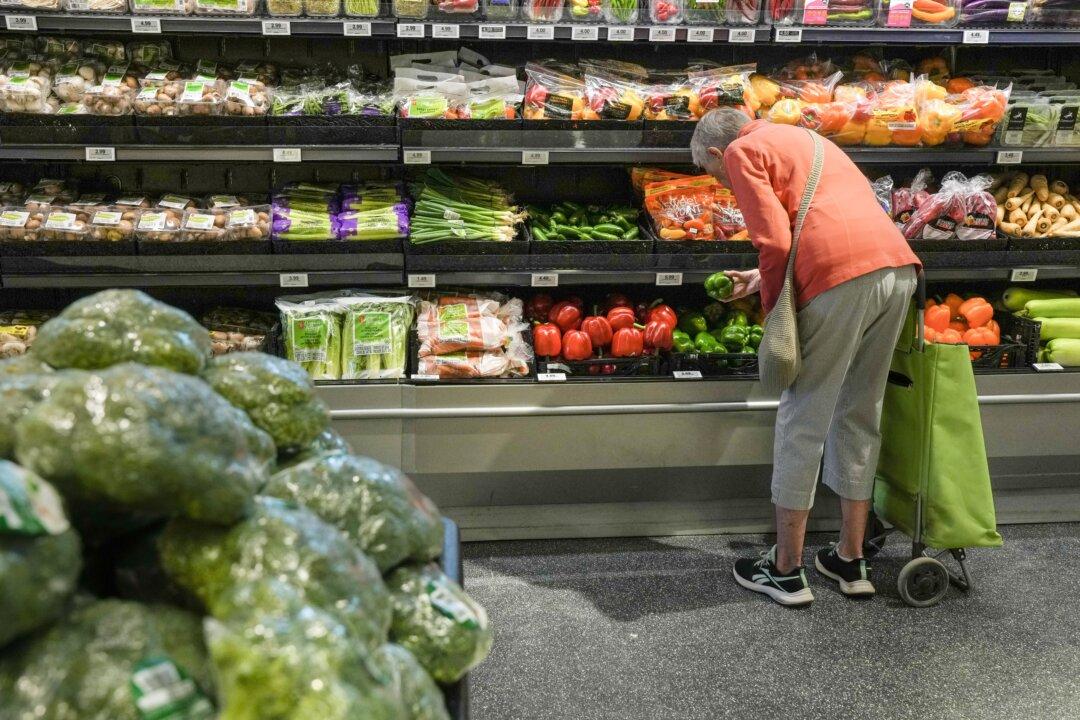A prolonged rail shutdown could have a major impact on food prices and even lead to empty shelves in grocery stores, food industry experts say.
“As soon as you go from rail to wheels, you’re likely doubling your transportation costs. And at some point, someone is going to have to pay for that, and that’s likely going to be the consumer,” Sylvain Charlebois, a professor at Dalhousie University, told The Epoch Times.





